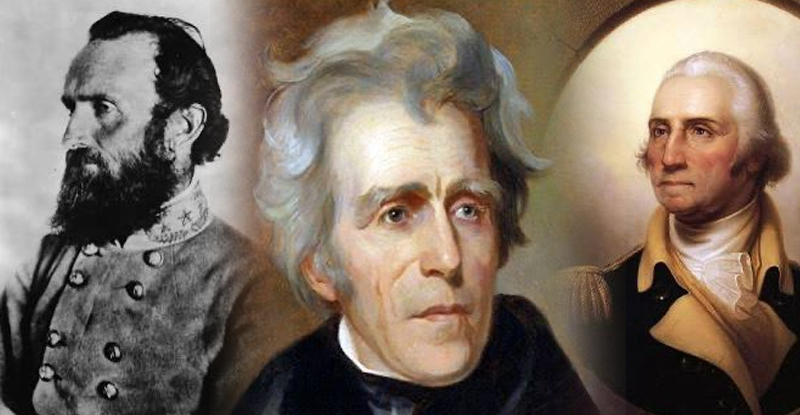By @InfantryDort on X, active duty Army Major
Tortured Warrior IV: Stonewall Jackson
The Torment
Jackson’s childhood was marked by loss and hardship. His father died when he was two. His mother died when he was seven. He was passed from relative to relative, growing up poor, awkward, and alone. At West Point he struggled badly, nearly failing out in his first year. He was mocked by classmates as odd, stiff, and slow — a boy out of place, marked by grief and isolation.
The Breaking Point
Jackson clawed his way through the Academy, studying late into the night. His effort was so relentless that he memorized whole texts to compensate for his weakness. He graduated near the bottom of his class, but by sheer will he survived. His early career was unremarkable, his demeanor strange, and few saw promise in him. He might have been remembered only as a peculiar, minor officer with no legacy.
The Transcendence
Yet when the Civil War erupted, the awkward boy became the lion of the Confederacy. At First Manassas he stood firm under fire, earning the immortal name “Stonewall.” He marched his men through the Shenandoah Valley with unmatched brilliance, defeating larger armies again and again. His name became legend, his maneuvers studied to this day.
The tortured warrior shows that even the orphan mocked for his strangeness can transform torment into genius. Jackson’s scars became his resolve, and his resolve became his legacy.
—
Tortured Warrior V: Andrew Jackson
The Torment
Jackson’s childhood was soaked in blood and grief. His father died before he was born. By fourteen, his mother and both brothers were gone — victims of war and disease during the Revolution. He was scarred in the face and hand by a British officer’s sword after refusing to polish the man’s boots. He was an orphan, penniless, hardened by loss, with nothing but rage and defiance to carry him forward.
The Breaking Point
Alone and destitute, he drifted. His temper was volcanic, his grief ever close to the surface. He fought duels, gambled, and seemed destined for ruin. The death that had marked his youth became the fire of his manhood, driving him into constant conflict. Many thought he would burn out, consumed by the same fury that fueled him.
The Transcendence
Instead, Jackson channeled his torment into ferocity. He rose as a frontier lawyer, militia officer, and finally general. At New Orleans he crushed a superior British force, sealing his legend. Later he ascended to the presidency, embodying the raw defiance of the American spirit. He was flawed, violent, scarred, yet unbreakable.
The tortured warrior is often forged in abandonment and grief. Jackson lost everything that tethered him to this world — and from that emptiness, he rose to bend the course of a nation.
—
Tortured Warrior VI: George Washington
The Torment
Washington’s youth was marked by loss and failure. His father died when he was eleven, leaving him without the means for a formal education in England like his older brothers. He entered the Virginia militia young, craving honor but finding humiliation. His early campaigns in the French and Indian War were disasters — his men ambushed and slaughtered, himself forced to surrender at Fort Necessity. The colonial press mocked him as reckless and unfit.
The Breaking Point
Washington burned with shame. He had tasted command and found it bitter. He resigned his commission, uncertain if he would ever lead again. His ambition for greatness seemed crushed before it could bloom. The humiliation of defeat and the shadow of dishonor nearly ended his military life before it began.
The Transcendence
Yet destiny returned. Years later, when the Revolution ignited, Washington was chosen to command the Continental Army. He endured defeats at New York, retreats across New Jersey, mutiny, hunger, and despair. But he did not break. At Trenton, Princeton, and finally Yorktown, he snatched victory from ruin. He became the indispensable man, the Father of his Country, the model of republican virtue.
The tortured warrior shows that failure is often the seed of greatness. Washington carried the scars of his youthful disgrace, and from them he forged the patience, humility, and endurance to lead a nation to freedom.








Leave a Comment